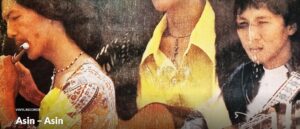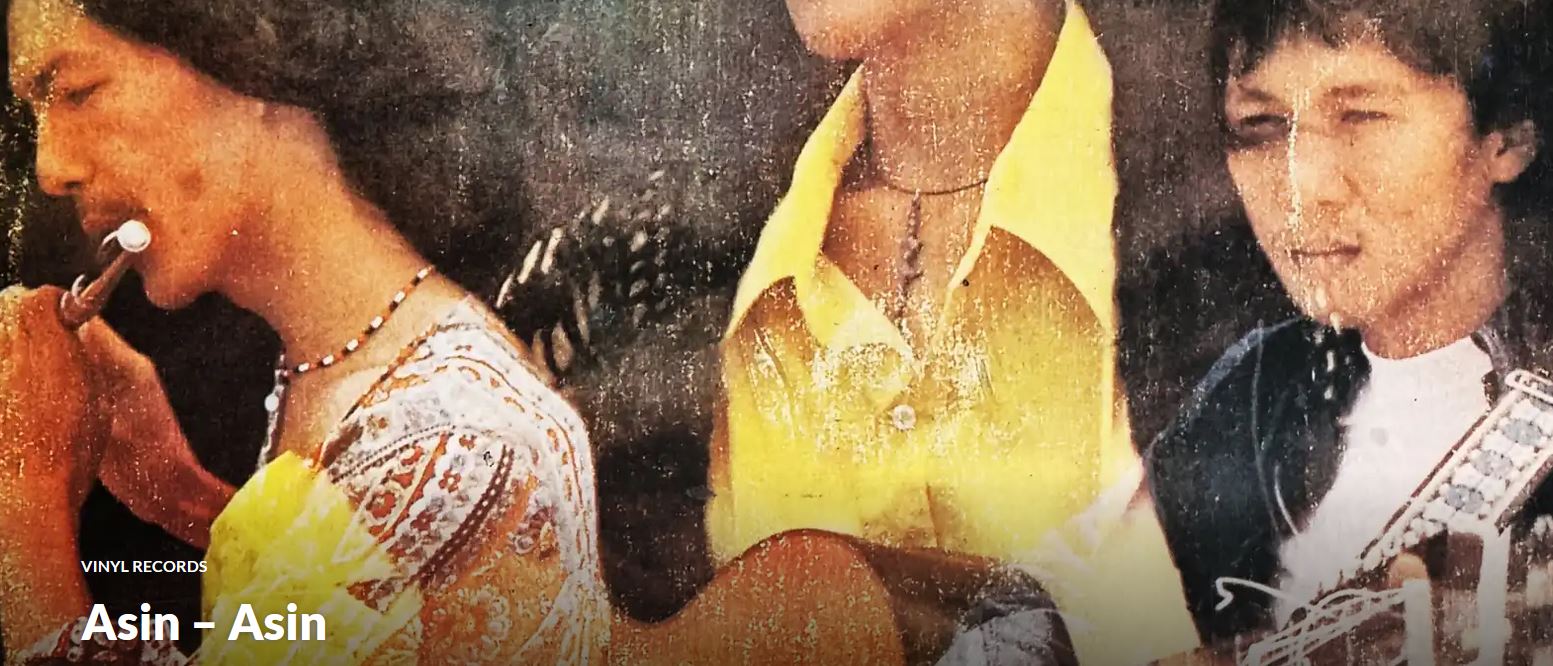There isn’t any official record or widely documented incident that explicitly states that Ferdinand Marcos, the former president and dictator of the Philippines, banned ASIN as a band. However, ASIN’s music was known for its socially conscious and often politically charged lyrics, which criticized government policies, environmental destruction, and social injustice. This type of messaging was not aligned with the Marcos regime, which had a history of repressing dissent and silencing opposition through media censorship and martial law.

It’s possible that ASIN’s music was indirectly suppressed during the Marcos era, as many artists and musicians critical of the government faced censorship, intimidation, or pressure to stop performing certain songs. The band, like others at the time, may have had limitations placed on where they could perform or how widely their music was distributed.
While Marcos did not specifically ban the band, the political climate of martial law (1972-1981) and the control over media and arts likely affected ASIN’s freedom to express their views openly, much like other artists who were critical of the government during that period. Their songs, such as “Balita,” which touched on social and political issues, resonated with listeners critical of the regime.




